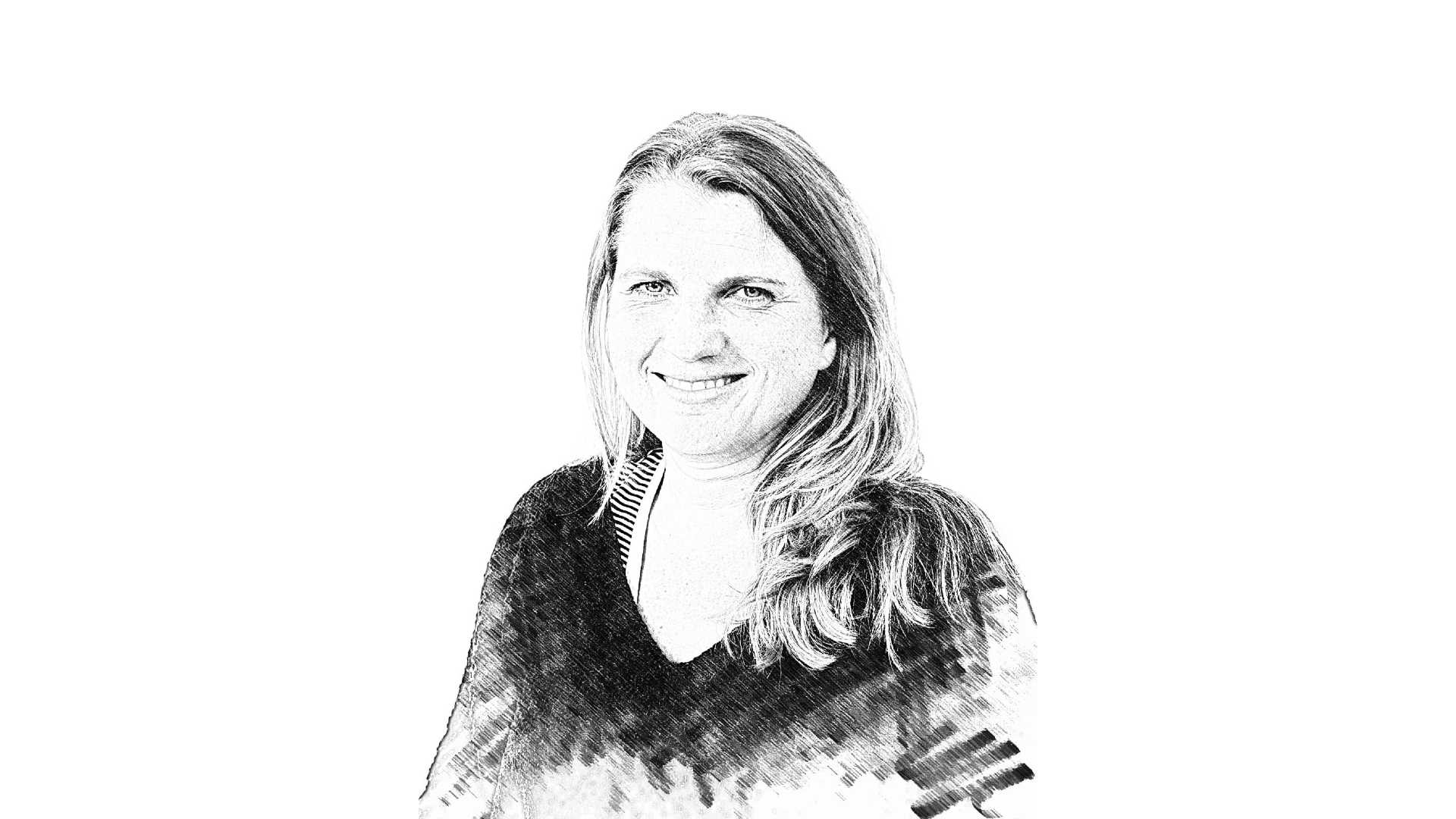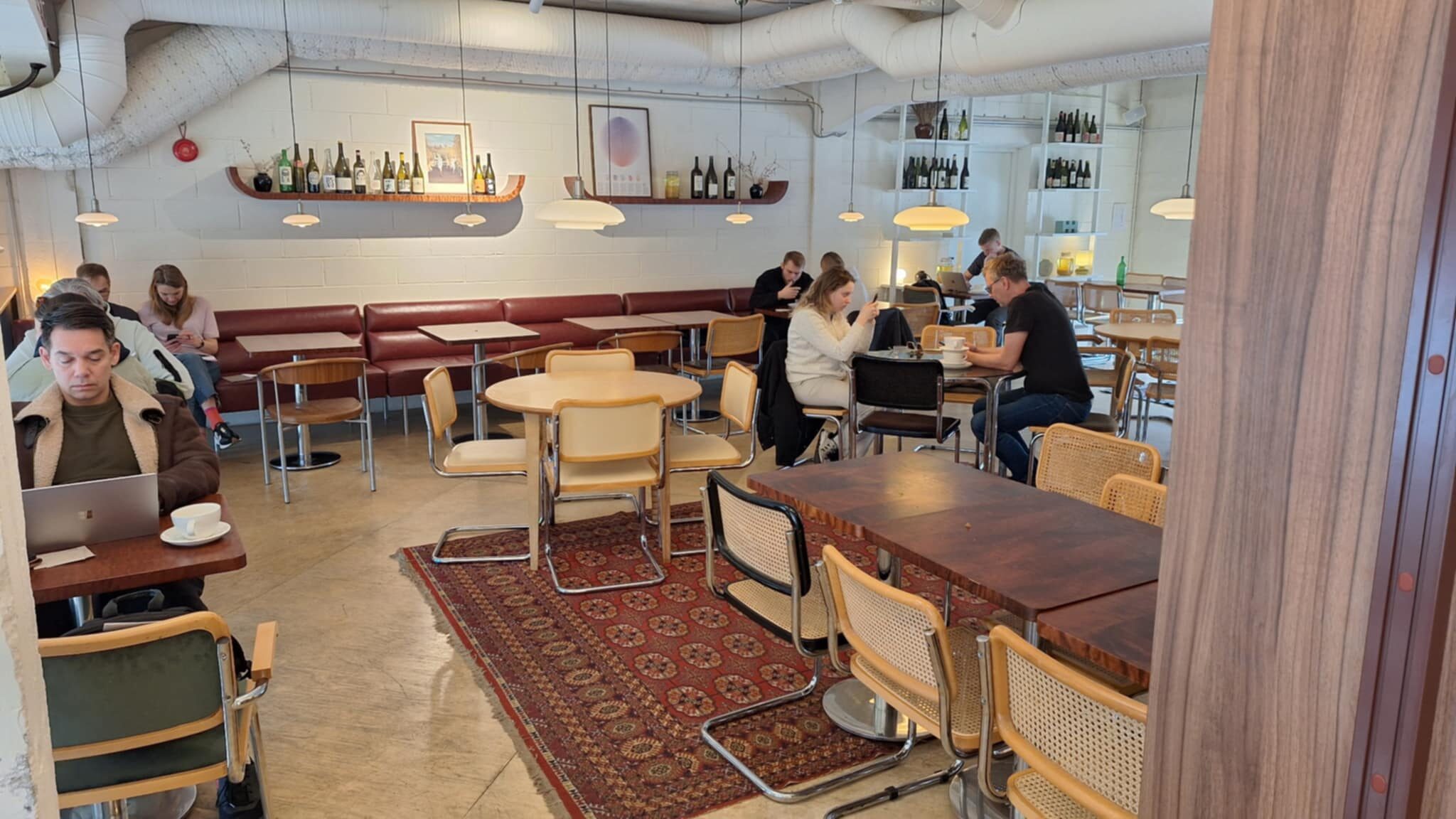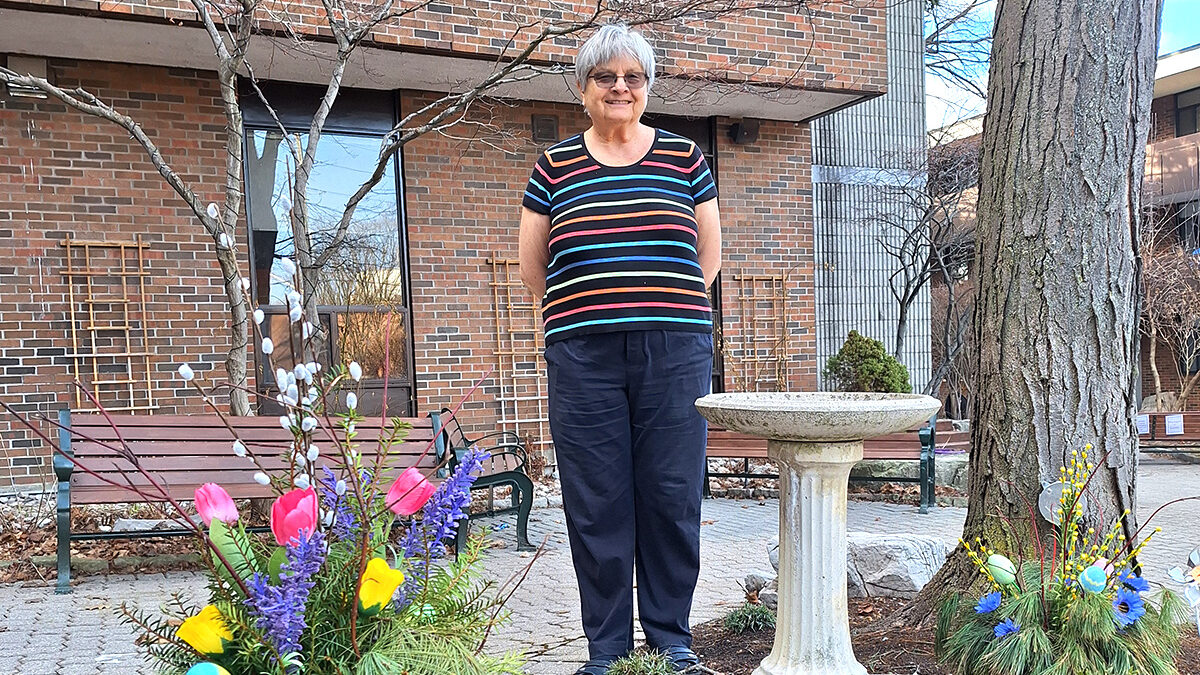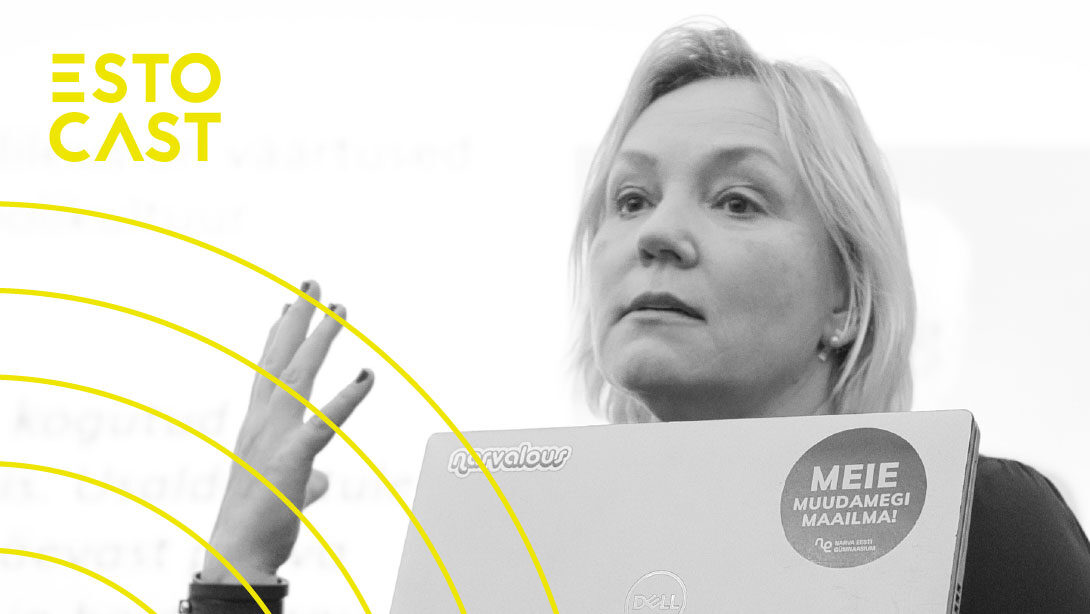While the Baltic states rapidly transitioned from authoritarian rule and a socialist planned economy to democracy and a capitalist market economy, and are known to be fiercely anti-Soviet, the transition experience and attitudes are quite different in many other post-Soviet countries.
Especially in matters of education, feelings about the pros and cons of the Soviet education system are divided. Many parents from countries once occupied by the Soviet Union expect schooling to be demanding, teachers authoritarian, and are willing to spend their time ensuring that their children succeed, even if that means studying together with them or hiring private tutors.
There has also been little research on whether there is a common post-Soviet legacy behind these strengths and challenges.
I recently started a graduate assistantship at OISE (Ontario Institute for Studies in Education at the University of Toronto) in a research project looking at the educational experiences of Canadian high school students from post-Soviet backgrounds. Ontario high schools are receiving a growing number of immigrant pupils from Ukraine, the Caucasus and Central Asian countries, but there has been little research on what special strengths these groups bring and what challenges they face. There has also been little research on whether there is a common post-Soviet legacy behind these strengths and challenges.
Is Estonia post-Soviet?
There is an interesting debate about whether Estonia and the Baltic states should still be referred to as post-Soviet while their self-identity is more aligned with European and/or Nordic countries. At first glance, they currently seem to have little in common with many of their former fellow Soviet Republics. However, it would also be simplistic to think that 50 years of shared history would not leave any mark.
The Soviet education system was highly centralized and ideologically controlled. However, in the Baltic nations, some autonomy was maintained all through the occupation. In Estonia for example, the Estonian language was preserved as the main language of instruction at all levels, even though the Russian language was mandatory. Although Estonian-language schools followed the same Soviet curriculum, there was also a powerful counter-culture against the ideological content of education. Educators objected to Russification efforts and during the political reforms of Perestroika, the education sector was in the forefront demanding an independent Estonian curriculum based on humanist and democratic values.
After 1991, the education system was quickly transformed to follow the Anglo-American neoliberal and progressive models, emphasizing contemporary individual competences instead of collective goals, and quality achieved through accountability and assessment. The education system became decentralized, the autonomy of teachers increased and specialization and competition between schools was encouraged.
Studies show that teachers are overburdened, teaching is geared towards passing exams, and pupils lack joy in learning.
Although Estonia has recently shined in international education rankings (e.g. PISA), not everyone is satisfied with the changes. Studies show that teachers are overburdened, teaching is geared towards passing exams, and pupils lack joy in learning. Some teachers feel overwhelmed as previously, their task was to teach children moral values and proper behaviour, while contemporary progressive ideas present everything as relative, complex, and constructed. Previously they had authority and control, while currently pupils have their voice in school democracy and peer influence is a stronger motivator than the teacher. Many preferred the Soviet-style subject specific curriculum, where every teacher was an expert in his/her field, while the contemporary learning approach values interdisciplinary, project-based learning that requires cooperation and new interactive methods.
Supporting immigrant education
Formal education everywhere is considered to be conservative by nature. It is like an ocean liner that turns slowly but steadily. Things have gradually changed in Estonian schools. Learner-centric contemporary teaching and learning methods have become the norm as the legacy of Soviet education is gradually diminishing.
Is there a conflict of expectations in Ontario, and what could schools do to mitigate this? Are schools doing enough to support the culture and language of different minority groups?
But what happens when a student and parent suddenly experience a major change in the way education is organized? Migration to a new country with a different education system can be a disruptive experience. Studies conducted by Dr. Max Anthony-Newman show that parents and students from post-Soviet contexts expect schooling to be structured to traditional academic subjects, to be rigorous and demanding, especially in math and natural sciences, and thus can become disillusioned with the experienced educational “weakness” of their new home country. Is there a conflict of expectations in Ontario, and what could schools do to mitigate this? Are schools doing enough to support the culture and language of different minority groups?
These are some of the questions the research I’m participating in aims to answer. The research team — led by Prof. Sarfaroz Niyozov from OISE — includes three experienced education scholars and four research assistants. We are extremely interested in including Baltic perspectives in the picture to make it more nuanced. Thus, we are looking for parents who had their own education in the Baltic states and whose children have gone to high schools in Ontario, as well as young people who have done their schooling in both the Baltic states and in Ontario. If you belong to either category and are willing to share your experience, please contact me at johanna.helin@mail.utoronto.ca.




